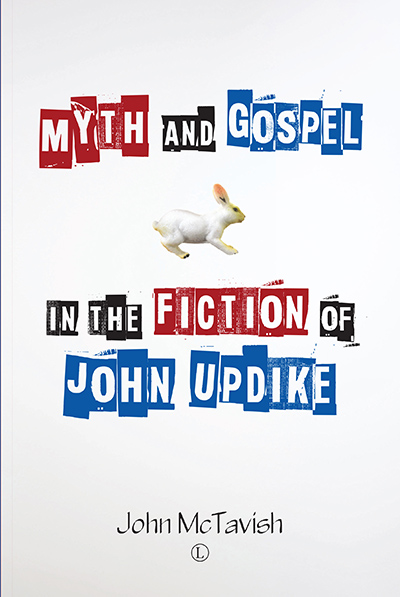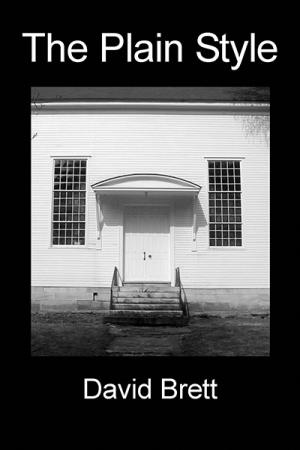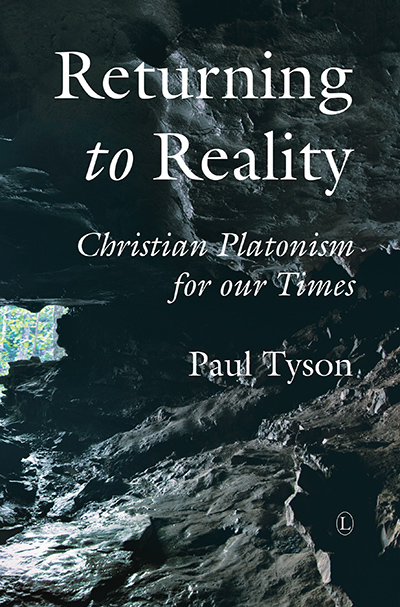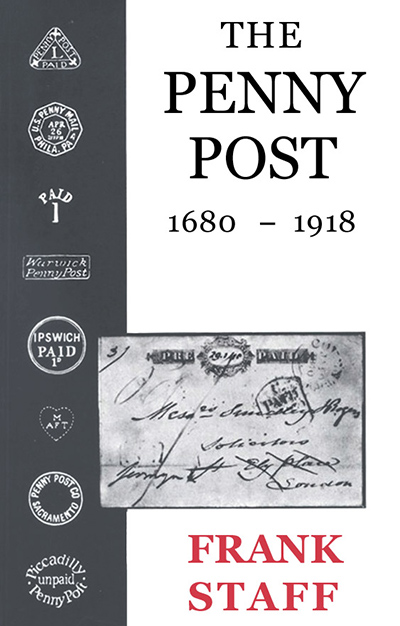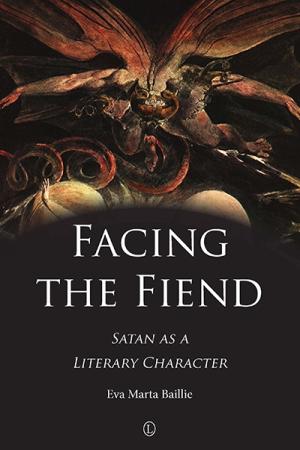Description
Big on style, slight on substance: that has been a common charge over the years by critics of John Updike. In fact, however, John Updike is one of the most serious writers of modern times. Myth, as Myth and Gospel in the Fiction of John Updike shows, unlocks his fictional universe and repeatedly breaks open the powerful themes in his literary parables of the gospel. This book also includes a personal tribute to John Updike by his son David, essays by pioneer Updike scholars Alice and Kenneth Hamilton, and an anecdotal chapter in which readers share Updike discoveries and recommendations. All in all, weight is added to the complaint that the master of myth and gospel was shortchanged by the Nobel committee.
About the Author
John McTavish is a minister of the United Church of Canada, a playwright and compiler of chancel dramas, co-editor of the book Karl Barth: Preaching through the Christian Year, and a longtime student of John Updike’s work with interpretative articles in academic journals (Touchstone, Theology Today) and denominational magazines (The United Church Observer, The Presbyterian Record). McTavish lives in Huntsville, Ontario.
Contents
Foreword
Introduction: David Updike’s “Tribute to Dad”
Myth and Gospel in John Updike’s Early Fiction
1. Myth and the Problem of Nothingness in The Witches of Eastwick
2. Myth, Gospel, and The Centaur
3. Barthian Myths in Three Early Novels
4. The Myth of Eros in Marry Me
Interlude with the Hamiltons
5. Can a Novel Be Christian? John Updike and A Month of Sundays
6. John Updike’s Prescription for Survival
Myth and Gospel in John Updike’s Later Fiction
7. Updike’s Rabbit Tetralogy and Ayckbourn’s Norman Conquests Trilogy
8. A Potpourri of Reviews
Myth and Gospel in John’s Updike’s Poetry and Short Stories
9. Myth and Gospel in Updike’s Religious Poetry
10. Myth and Gospel in Updike’s Short Stories
Meeting John Updike in Print and in Person
11. Readers Share Discoveries and Recommendations
12. An Interview with John Updike
13. John Updike, 1932-2009
Afterword
Acknowledgments
Selected Bibliography
Endorsements and Reviews
John Updike was an American treasure. In the second half of the twentieth century, Updike and Saul Bellow inherited the mantle of ‘literary giant’ that William Faulkner and Ernest Hemingway wore in the first half. A master of the elegantly lyrical sentence and the precisely observed detail, Updike used these gifts to probe the yearnings, both spiritual and mundane, of ordinary Americans. John McTavish is an ideal reader of Updike’s explorations of the complex relationship between the sacred and the profane.
Don Greiner, Curator of Modern American Literature, University of South Carolina; author of The Other John Updike
John Updike had better eyes than ours. He memorably noticed everyday details that, without him, we’d miss. McTavish returns the favour, uncovering surprising mythic riches beneath Updike’s deceptively mundane surfaces. Deploying wit, theological insight, generous inclusion of others’ views, gossipy encounters with Updike’s family and the iconic writer himself, in blessedly jargon-free prose, McTavish’s close reading of Updike is an eyeopener all the way.
Bruce McLeod, Former Moderator of The United Church of Canada

